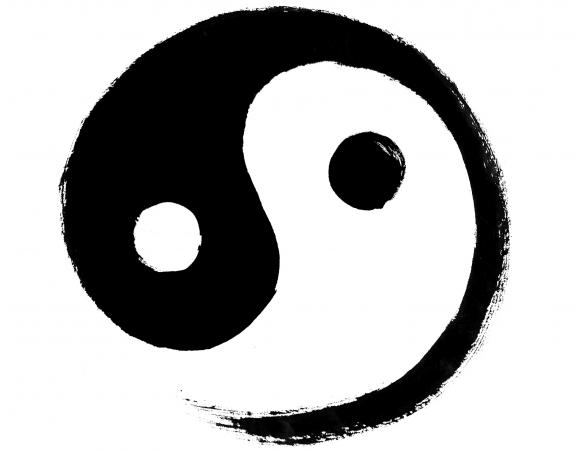What if we went to where doctors are primarily looking for perfect health and balance for their patients?
Between naturopathy, traditional Indian medicine - ayurveda - or traditional Chinese medicine, one can sometimes seem a little lost, especially if one wishes to turn to a particular specialist. Therefore, understanding how each health system works can be interesting.
Traditional Chinese medicine over 5000 years old
Traditional Chinese medicine is an ancestral health system whose values and ethics are very different from the Western health system. Chinese medicine is over 5000 years old and conveys theories on health and well-being in a complete and recognized medical system. The Chinese medical system is very different from the Western medical schools in that it emphasizes a precautionary system that wants the patient to never get sick. Besides, an ancient myth says "In ancient China, the Chinese doctor was paid when people were healthy and fell out of favor when people were sick. "
In ancient China, the Chinese doctor was paid when people were healthy and fell out of favor when people were sick[/quote].
It was a French missionary, Father Harvieux, who in 1670 brought back a precise description of a medical practice that consisted of treating a patient by pricking him all over the body with fine needles. This was the appearance of acupuncture in France. While in our country, leeches were the main tool for healing, the arrival of this new technique allowed for a slow but present evolution. Indeed, it was not until the early 1900s that the practice was really put forward.
The priority objective of the Chinese doctor is therefore a global healing and not a relief of pain or a reduction of symptoms. As desired by naturopathy, the Traditional Chinese Medicine health practitioner focuses on the whole person and sometimes even beyond.
One of the main principles of this medicine is the balance of yin and yang
Do you already know these two words? Or maybe you think you know him.

Yin and yang are two opposing, complementary and interdependent forces. Indeed, they cannot exist without each other and cannot bring health if they are out of balance. Therefore, the Chinese health practitioner will always make sure to bring a certain balance to his patient. Indeed, when the yin weakens, the yang strengthens. When yang weakens, yin strengthens. These imbalances make us sick, exhaust us and lead us to the loss of vitality which will be the beginning of a long series of problems.
Of course, the diagnosis of imbalance will be made by the Chinese medicine therapist who knows all the faults of our body, all the signs but also the symptoms associated with each ailment. Indeed, Chinese medicine uses many tools to establish a correct and real history of the patient.
Nevertheless, in order to help you understand these two notions, here are some words to compare these two symbols.
| YIN | YANG |
| Moon | Sun |
| Female | Male |
| Cold | Hot - heat |
| Water | Fire |
| Winter | Summer |
| Humidity | Dryness |
| Woman | Male |
| Calm | Activity |
| Rest | Agitation |
| Vacuum | Full |
| Night | Day |
| Liabilities | Assets |
| Black | White |
In addition to the theory of balance of yin and yang, the principles on which health practitioners in Chinese medicine are based are numerous. Let us also add:
- The study of the 5 elements
- The distinction between entrails and organs
- The notion of energy which they call Qi
- The blood that is much more than a body fluid for them
- The meridian system
The world of TCM is fabulous and it promises you a healing system apart, different and often saving. Thanks to the study of TCM, many reflexologists have been created: plantar, palm or auricular reflexology, many practitioners are now able to relieve your physical and emotional pain.
Do not deprive yourself and let yourself be guided by the magic of well-being.



